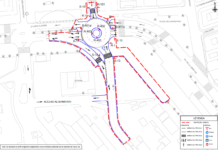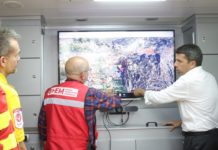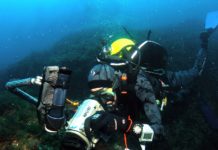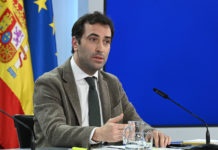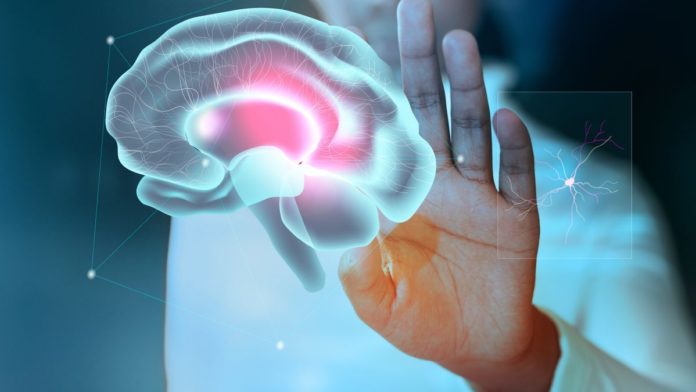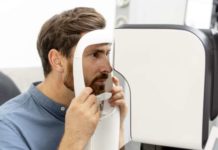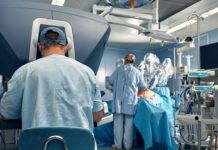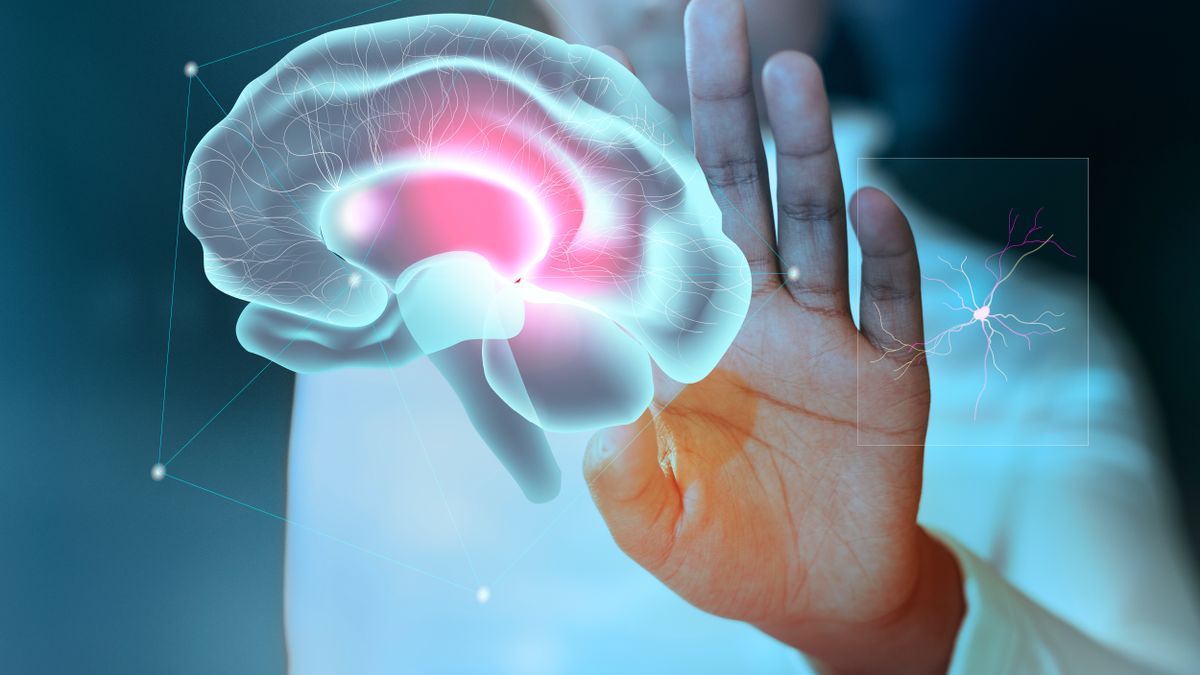
Addressing neurological diseases in a rapid and multidisciplinary manner is already a reality in the Advanced Neurosciences Unit of the Hospital Quirónsalud Torrevieja and the specialty centres of the Alicante province. These centres of healthcare excellence have developed healthcare based on a people centreed care model, with a comprehensive structure and the establishment of ‘fast care’ channels.
The Advanced Neuroscience Unit is based on a radically innovative concept in terms of patient care. Dr. Erika Torres, director of this unique project, has devised, together with the rest of the participants, a model where the entire structure revolves around the patient, their families, their needs and concerns, addressing neurological disorders in a comprehensive and personalized manner.
The Unit is made up of a first-class multidisciplinary team and state-of-the-art technological equipment such as Flow Dynamics Magnetic Resonance Imaging and brain CT with perfusion.
Memory and cognitive disorders department
Dr. Erika Torres, specialist in Neurology, and neuropsychologist Miguel Sánchez Barredo, responsible for the Memory and Cognitive Disorders Programme at Quirónsalud Torrevieja Hospital, highlighted the importance of being thorough in diagnosing patients with dementia. It is estimated that 10% of people who are initially diagnosed with Alzheimer’s disease have chronic adult hydrocephalus.
Quirónsalud has launched a Memory and Cognitive Disorders Programme for a more accurate diagnosis and comprehensive treatment of patients suffering from dementia disorders and diseases, such as Alzheimer’s.
The main objective of the new unit is to study the patient from the multiple angles that the disease presents in order to establish a rigorous diagnosis.
It should be noted that few centres in Spain are equipped with a multidisciplinary team as comprehensive as the one that Quirónsalud has, which works with the aim of detecting early cases of the disease to allow early intervention.
Movement disorders department
Parkinson’s disease is a neurodegenerative pathology and is second in frequency after Alzheimer’s disease. The increase in life expectancy with the respective aging of the population means that its prevalence is increasing rapidly.
According to Dr. Erika Torres, head of the Movement Disorders Programme at Quirónsalud Torrevieja and Quirónsalud Alicante Hospitals, “it is a disease that manifests itself in most cases with tremor, and always with slow movements and stiffness. As it progresses, it ends up affecting normal abilities such as walking and in some cases dementia can develop.”
Some of the treatments for Advanced Parkinson’s Disease consist of Apomorphine with pen administration, infusion pump or Parkinson’s surgery.
Minimally invasive endoscopic surgery for brain tumours and spine
Brain endoscopy or neuroendoscopy is a minimally invasive technique that allows rapid access to the cranial cavity through small cranial holes, thus avoiding the need for large openings and retractions of the brain tissue.
Interventional neuroradiology area
The Interventional Neuroradiology Department treats the following pathologies:
- Brain aneurysms
- Chronic Subdural Hematoma
- Arterio-venous malformations
- Carotid Atheromatous Stenosis
- Vertebral Fractures
Headache department
Headache is the most frequent reason for consultation in the neurology department. Experts say it is essential to carry out early diagnosis and adequate treatment, to avoid the worsening of the condition and any subsequent decrease in the quality of life of the patient.
Treatments include botulinum toxin, infiltration with anaesthesia or the use of radiofrequency.
For episodic and chronic migraine there are new preventive treatments such as monoclonal drugs (anti-CGRP) applied monthly or quarterly by a pre-filled pen that is easy for the patient to use.
Neuroradiology
State-of-the-art neuroradiology is a key element in the diagnosis and treatment of neurological pathologies. Quirónsalud has Digital Magnetic Resonance, which facilitates a more precise and accurate diagnosis of injuries and pathologies of the spine and skull. CT scans allow studies with high resolution images of the skull and spine to be carried out.
Neuro-rehabilitation department
Neuro-rehabilitation is the process aimed at reducing the deficiency, the limitation of activity and the restriction of participation suffered by people as a result of a neurological disease, and where the professionals involved in this area have the objective of reducing the degree of functional impairment of the patient.
The neuro-rehabilitation service therefore has two units to cover the stages of evolution of the neurological patient (inpatient unit and outpatient unit).
Neuropsychology department
The role of the neuropsychologist is essential for the early detection of cognitive impairment, given that through the tools and knowledge, experts can identify those patients whose cognitive impairment is more likely to evolve into dementia or major neurocognitive disorder.
Neurophysiology department
Neurophysiology has as its object the functional exploration of the nervous system, using techniques such as electroencephalography (EEG), electromyography (EMG), polysomnography (PSG), evoked potentials and transcranial magnetic stimulation, for diagnostic, prognostic and therapeutic purposes.
Dr. Esteban De Vicente Álvarez-Manzaneda, head of the Neurophysiology Service at Hospital Quirónsalud Torrevieja and Quirónsalud Alicante, explains that “transcranial magnetic stimulation (TMS) is a non-invasive procedure that uses magnetic fields to stimulate nerve cells in the brain with in order to improve the symptoms of pathologies such as stroke, severe depression refractory to other treatments, tinnitus and chronic pain”.
Maxillofacial surgery department
The causes of a temporomandibular dysfunction are very varied. When the dysfunction worsens, symptoms can become very noticeable and even disabling, making it difficult to speak, chew and swallow.
Its correct diagnosis and multidisciplinary treatment by the maxillofacial surgery, rehabilitation and dentistry service usually resolves the condition, avoiding surgery in most cases.
Therapeutic options
Botulinum toxin treatment, Michigan-type discharge splint treatment, rehabilitation treatment where physiotherapists apply techniques to treat TMJ dysfunctions, and TMJ surgery are used.
Neurological nursing
Nursing in the Neuroscience Unit represents a key figure for being in direct contact with the patient’s needs on a daily basis. Being its highly valued role due to its proximity and the transfer of information as an intermediary with the neurologist and other specialists.
The objective of nursing is aimed at knowing the needs of the neurological patient and providing individualized advice based on direct and continuous contact, establishing bonds of support and trust between the nurse-patient.
More information on the Neuroscience Service of Quirónsalud Torrevieja and Alicante.













